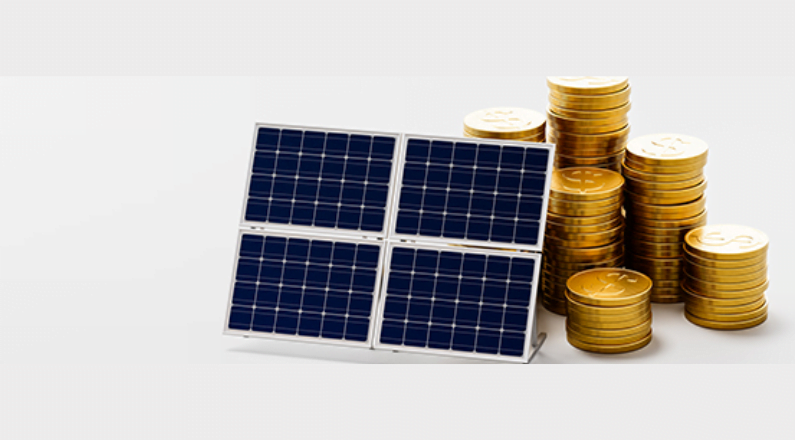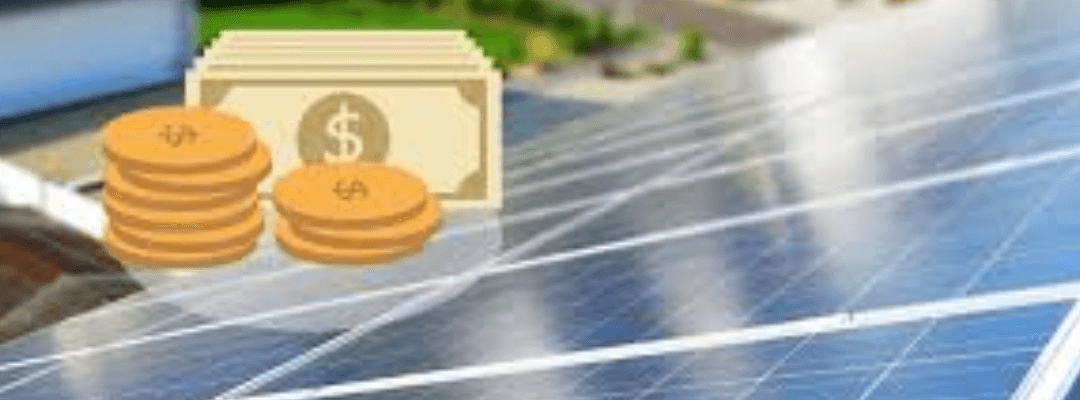Solar energy is booming in today’s world towards a greener future. Switching to solar energy is an increasingly popular choice for homeowners and businesses looking to reduce their carbon footprint and save on energy costs. However, the initial investment can be significant, making it crucial to find ways to cut costs and maximize savings to achieve a favourable return on investment (ROI). Investing in solar panels is a smart financial decision that offers substantial long-term savings and a strong ROI. By carefully selecting the right solar panels, leveraging incentives, optimizing system performance, and maintaining your setup, you can significantly cut costs and improve your overall savings. Embrace these strategies to harness the full potential of solar energy, reduce your energy expenses, and contribute to a more sustainable future.This guide will explore practical strategies to reduce expenses, take advantage of available incentives, and optimize the performance of your solar panel system, ensuring you get the most out of your investment.

Table of Contents:
| S.No | TOPICS |
| 1 | Conduct a Thorough Assessment |
| 2 | Choose the Right Solar Panels |
| 3 | Take Advantage of Incentives and Rebates |
| 4 | Select a Reputable Installer |
| 5 | Optimize Panel Placement and Angle |
| 6 | Invest in Energy Storage Solutions |
| 7 | Monitor and Maintain Your System |
| 8 | Educate Yourself on Solar Financing Options |
| 9 | Energy Efficiency Improvements |
Conduct a Thorough Assessment
Before diving into the world of solar energy, conduct a thorough assessment of your energy needs and property suitability. This involves:
- Energy Audit: Analyze your current energy consumption to determine the size of the solar panel system you need.
- Site Evaluation: Assess the location, roof condition, and angle to ensure maximum sunlight exposure.
- Technology: Choose the technology suited to maximize the greener energy based on your requirements.lease reply only for gatepass
Choose the Right Solar Panels
Selecting the right type of solar panels can significantly impact your costs and savings. Consider the following:
- Panel Efficiency: Higher efficiency panels might have a higher upfront cost but can produce more energy, leading to greater savings in the long run.
- Durability and Warranty: Opt for panels with longer warranties and proven durability to reduce replacement and maintenance costs.
Take Advantage of Incentives and Rebates
Governments and local authorities often provide various incentives to encourage solar adoption. These can substantially reduce your initial investment:
- Federal Tax Credits: In many countries, including the US, federal tax credits can cover a significant portion of the installation costs.
- State and Local Rebates: Check for state-specific rebates and local incentives.
- Net Metering Programs: These programs allow you to sell excess electricity back to the grid, further offsetting costs.
Select a Reputable Installer
Choosing a reputable and experienced solar installer can save you money and ensure your system is set up correctly:
- Get Multiple Quotes: Compare quotes from different installers to get the best deal.
- Check Reviews and References: Ensure the installer has a good track record and positive customer feedback.
Optimize Panel Placement and Angle
Proper placement and angle of your solar panels can maximize energy production and savings:
- Southern Exposure: In the Northern Hemisphere, panels should ideally face south to capture the most sunlight.
- Angle Adjustment: The angle of your panels should match your latitude for optimal performance.
Invest in Energy Storage Solutions
Energy storage solutions like batteries can significantly improve your savings by storing excess energy for use during peak hours or at night:
- Battery Systems: While they involve additional costs, batteries can enhance your energy independence and reduce reliance on the grid.
- Time-of-Use Rates: Utilize stored energy during peak hours when electricity rates are higher to maximize savings.
Monitor and Maintain Your System
Regular monitoring and maintenance ensure your system operates at peak efficiency:
- Monitoring Systems: Invest in a good monitoring system to track energy production and identify issues early.
- Regular Cleaning and Inspection: Keep panels clean and inspect them periodically for any damage or wear.
Educate Yourself on Solar Financing Options
Financing your solar panel system wisely can improve your ROI:
- Loans and Leases: Compare the pros and cons of solar loans versus leasing options.
- Power Purchase Agreements (PPAs): These agreements allow you to pay for the energy produced by the panels at a lower rate than your utility.
Energy Efficiency Improvements
Before and after installing solar panels, focus on energy efficiency improvements in your home to reduce overall energy consumption:
- Insulation and Weatherization: Proper insulation and sealing of your home can reduce energy wastage.
- Energy-Efficient Appliances: Upgrade to energy-efficient appliances to lower your energy needs.

